Non-Sesotho speaking groups marginalised

SHARE THIS PAGE!
Minority ethnic non-Sesotho speaking groups in Lesotho’s Quthing district continue to face marginalisation, particularly in accessing basic human rights such as education and healthcare – largely due to unresolved language barriers.
Nosakhele Bohlane, the councillor of Mjanyana in Quthing, has expressed concern that the continued recognition of only Sesotho and English as official languages effectively excludes Xhosa and ebaPhuthi speakers from national identity.
“We feel marginalised. These language barriers make us feel like we are not part of the Basotho nation,” said Bohlane.
She noted that while there was a promise around 2018 by government to include minority languages in schools, nothing has materialised.
“That commitment has not been fulfilled to date,” she bemoaned.
Bohlane, who is also the chairperson of local Tiping Combined School board, further explained that Mjanyana village is predominantly Xhosa-speaking, with Sesotho speakers present only through marriage. She lamented that the elderly and illiterate struggle to access healthcare and legal services due to language barriers.
“Some people are misdiagnosed or not diagnosed at all in clinics because they can’t communicate in Sesotho. Others lose court cases simply because they can’t express themselves,” she said in an interview with theReporter this week.
She called for the recognition of Xhosa and Phuthi as official languages in Lesotho. “This recognition will help us feel that we belong in this country.”
A teacher at Mjanyana Primary School under the Anglican Church of Lesotho, Thato Leemisa, said the school only teaches in Sesotho and English.
“We are not encouraged to use our own language,” she noted, explaining that many Grade 1 students, whose home language is Sethepu, do not understand Sesotho, which severely hinders their learning.
“They can neither read nor write in Sesotho, and this affects their academic performance. Their rights are being suppressed,” Leemisa said.
This publicationhas established that five primary schools and one combined school in the area do not have Sesotho-speaking students.
These concerns were also recently highlighted by the United Kingdom’s Ambassador for Human Rights to the UN, Eleanor Sandor, during Lesotho’s Universal Periodic Review (UPR) at the Human Rights Council meeting in Geneva, Switzerland.
Sandor urged Lesotho to promote equity in early childhood education by ensuring that children from the ebaPhuthi and Xhosa communities can access learning in their native languages.
Lesotho is among 14 countries undergoing review by the UPR Working Group during its current session, from April 28 to May 9, 2025. The country previously underwent UPR reviews in May 2010, January 2015, and January 2020.
According to the Ministry of Education and Training’s (MoET) Lesotho Basic Education Curriculum Policy, the Constitution prohibits discrimination based on ethnicity and language. The policy commits to free and inclusive primary education for all, and embraces the country’s multilingual population by recognising the importance of indigenous languages in education.
While the Constitution names Sesotho and English as official languages, the Curriculum and Assessment Policy states that mother tongue – defined as including Sesotho, Nguni languages (isiXhosa, isiPhuthi, isiNdebele), and Sign Language – should be used as the medium of instruction up to Grade 3. English is taught as a subject during this stage, and from Grade 4 becomes the main medium of instruction, with Sesotho taught as a subject for all.
The policy also allows learners from non-Sesotho backgrounds to be taught in their native languages and includes provisions for teaching Nguni languages and Sign Language as subjects.
For this to be effective, the policy emphasises the need to train and deploy relevant human resources in teacher training institutions and government departments. It also recommends formal adoption of orthographies from other SADC countries for these languages.
The chairperson of parliament’s social cluster committee, Mokhothu Makhalanyane, acknowledged the challenges faced by Xhosa and ebaPhuthi speakers in accessing health and education services. He said parliament is advancing beyond policy, towards enacting legislation to mandate language inclusion in public services.
“A proposed law detailing how language inclusion will be implemented in public institutions is currently in the Senate. Once it is assented to, we will move towards implementation,” he told theReporter in an interview on Tuesday this week.
Maseru-based human rights lawyer and programmes manager at the Seinoli Legal Centre, Advocate Lepeli Moeketsi, said the lack of education in Xhosa and Phuthi raises serious constitutional and human rights concerns.
“While Lesotho’s Constitution guarantees freedom from discrimination and the right to education, it does not explicitly mandate education in minority languages,” he pointed out.
However, international treaties like the International Covenant on Economic, Social and Cultural Rights (ICESCR) and the African Charter on Human and Peoples’ Rights support the right to culturally inclusive education.
“The failure to provide mother-tongue education could amount to linguistic discrimination,” Moeketsi warned, adding that language is central to cultural identity and preservation.
He advised that affected communities can seek justice through constitutional litigation or petition international human rights bodies. “Public interest litigation can be a powerful tool to challenge systemic discrimination and advocate for multilingual policies.”
Moeketsi concluded that broader advocacy efforts should include demands for multilingual education, interpreters in public services, and multilingual legal documentation.
According to linguistics scholars, language is essential for effective communication between and among members of a society or community. This is because language is a tool to convey customs and values that bind a specific group of people together.
They say it is imperative that language used in public domains and settings such as schools, government, and business spaces be friendly and accommodating to all members of society. However, failure to comply can lead to poor communication among community members, resulting in barriers in communication and conflicts among members.

Committee opposes proposed sin tax hikes
3 days ago
CHAL urges govt to respect MoU
3 days ago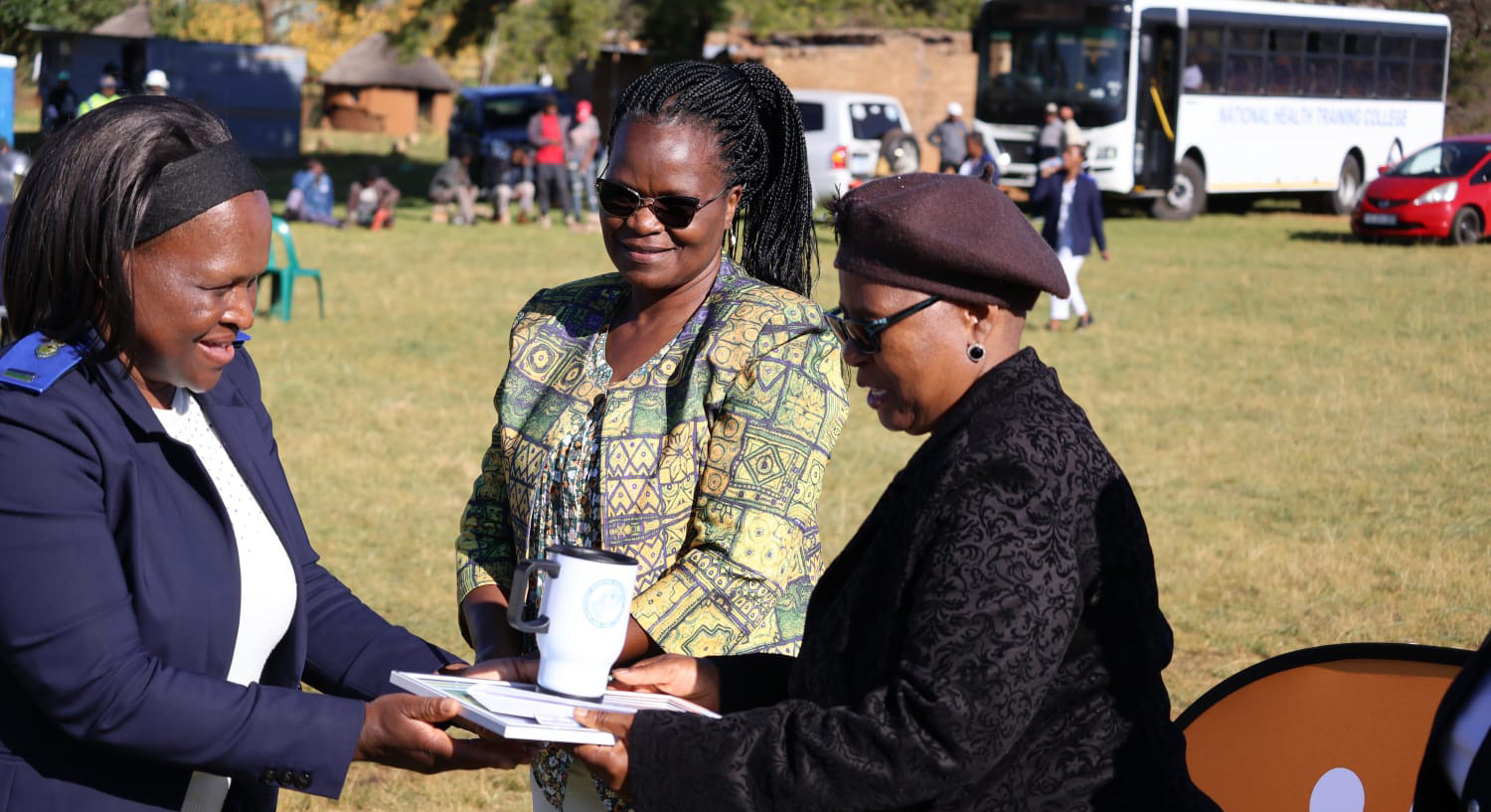

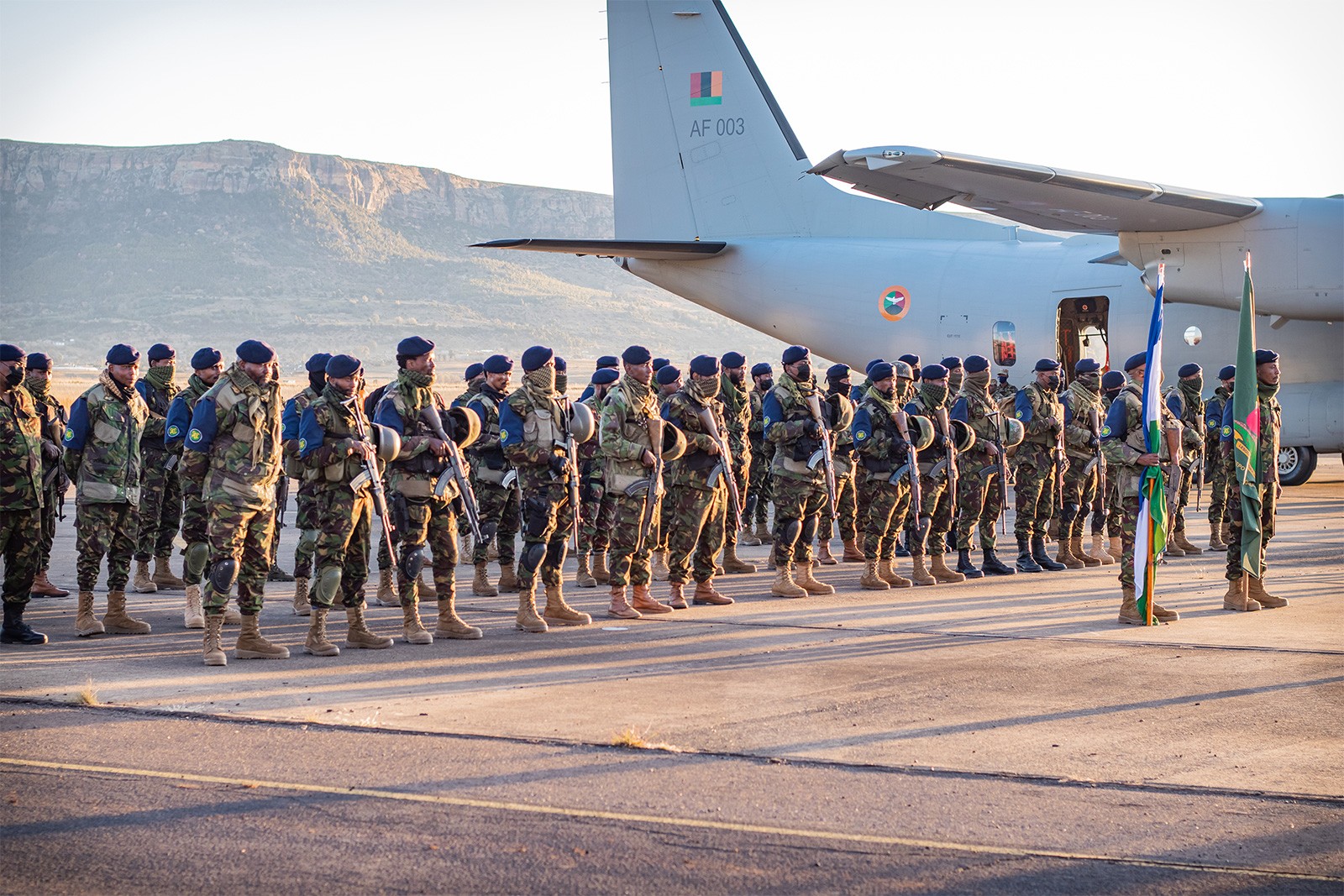
LDF ordered to fix botched 200K payout
6 days ago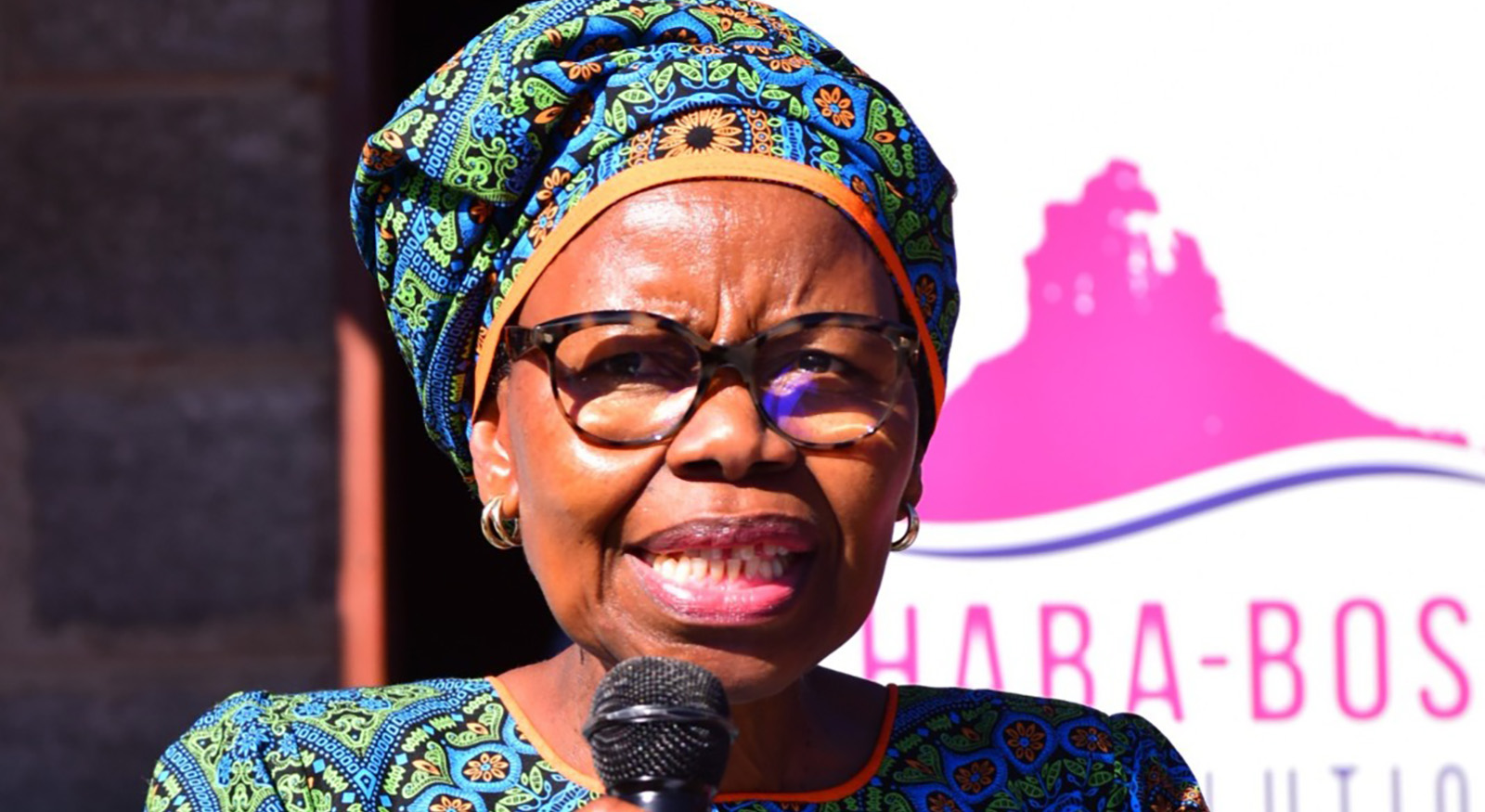
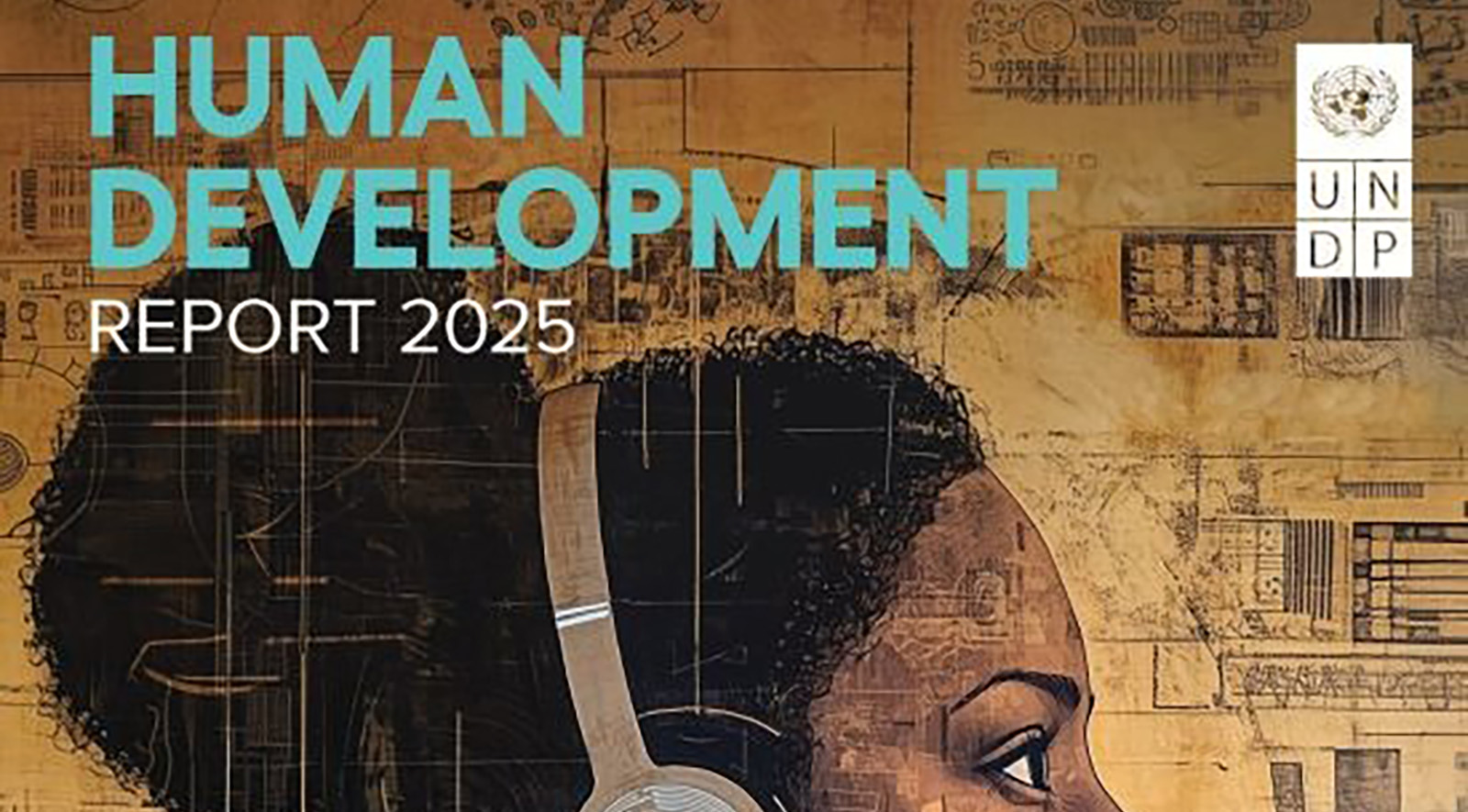

Construction company lays off 1, 400 workers
12 days ago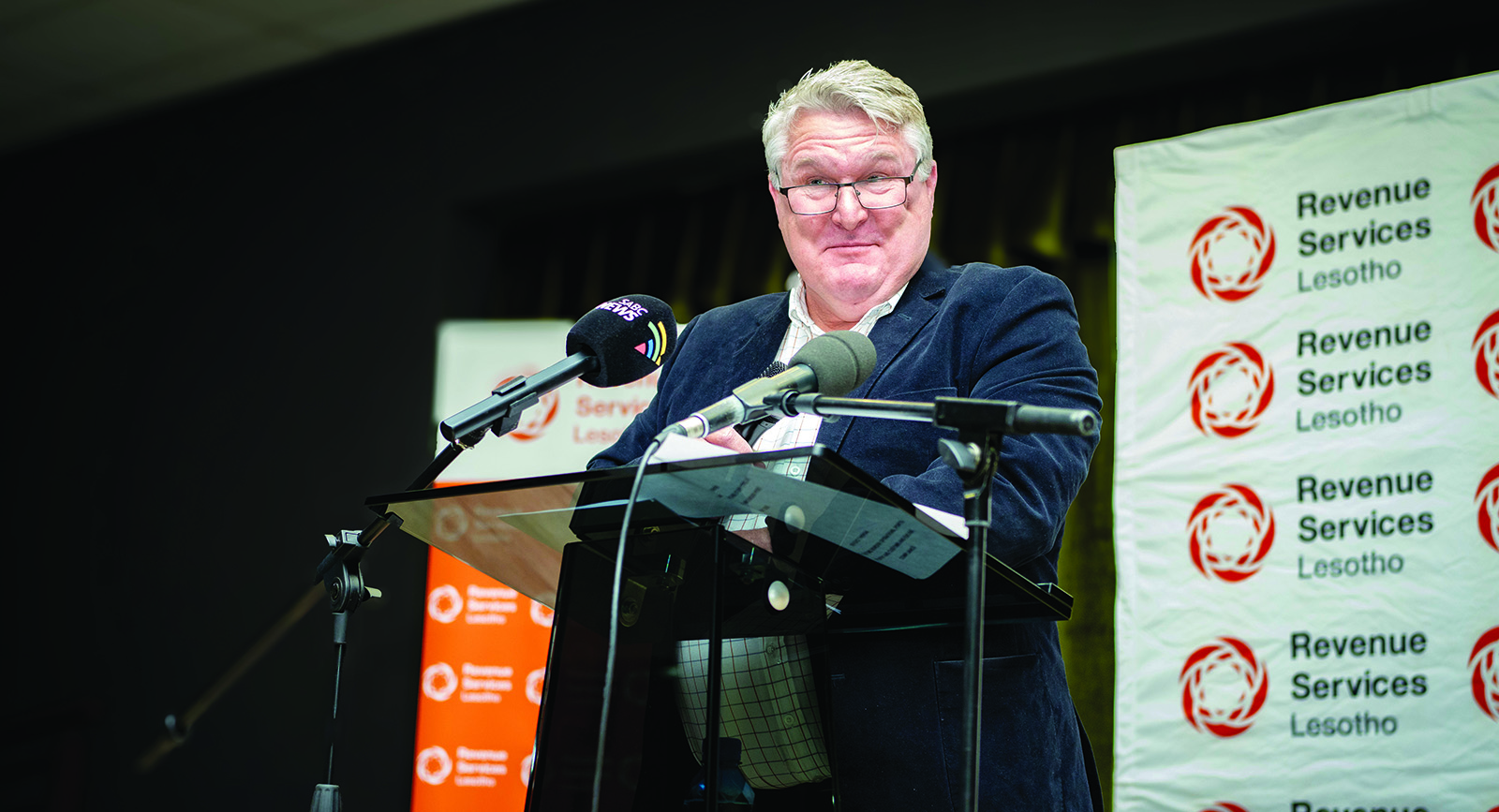
End-to-End Time Release study launched
13 days ago